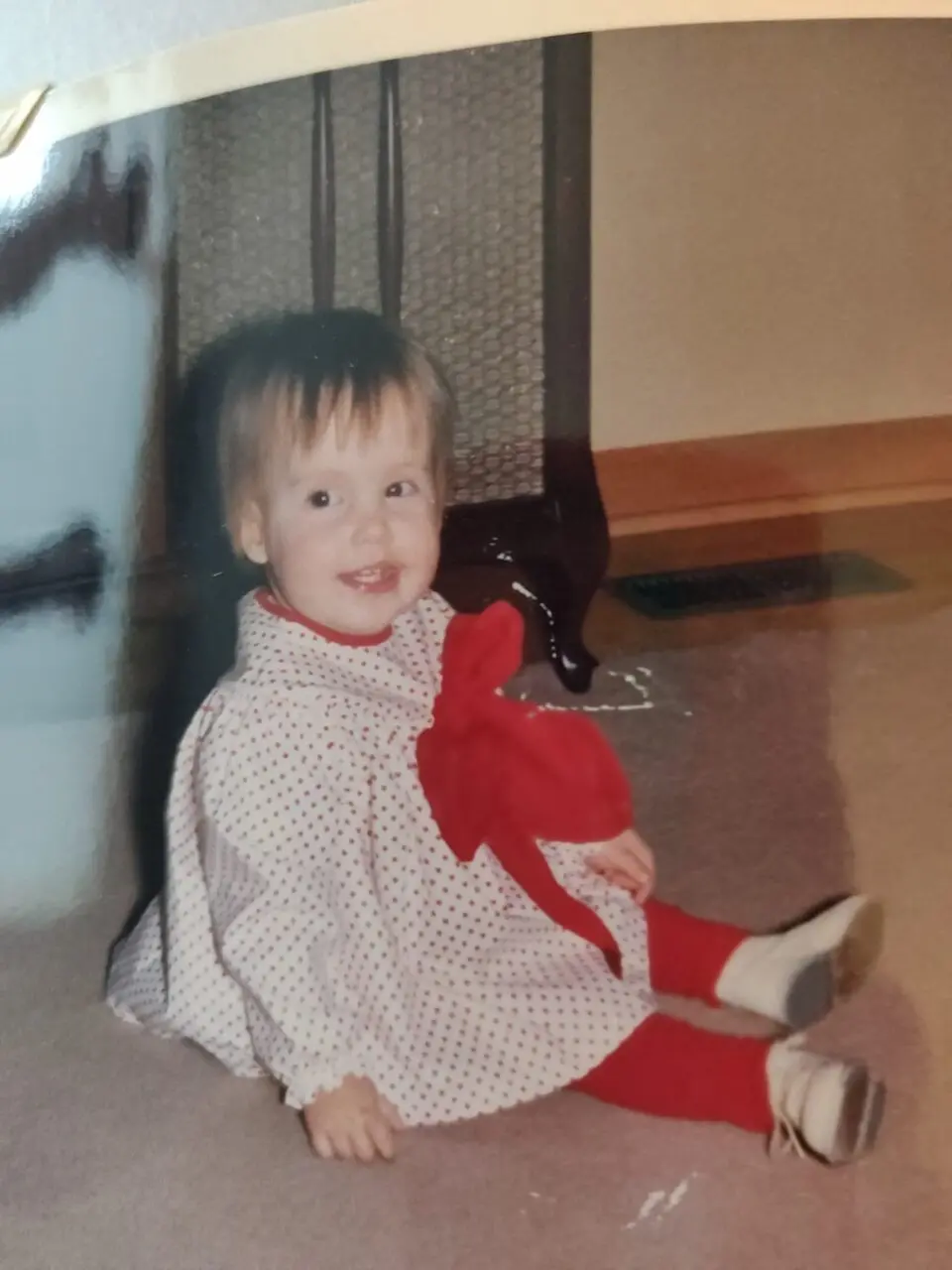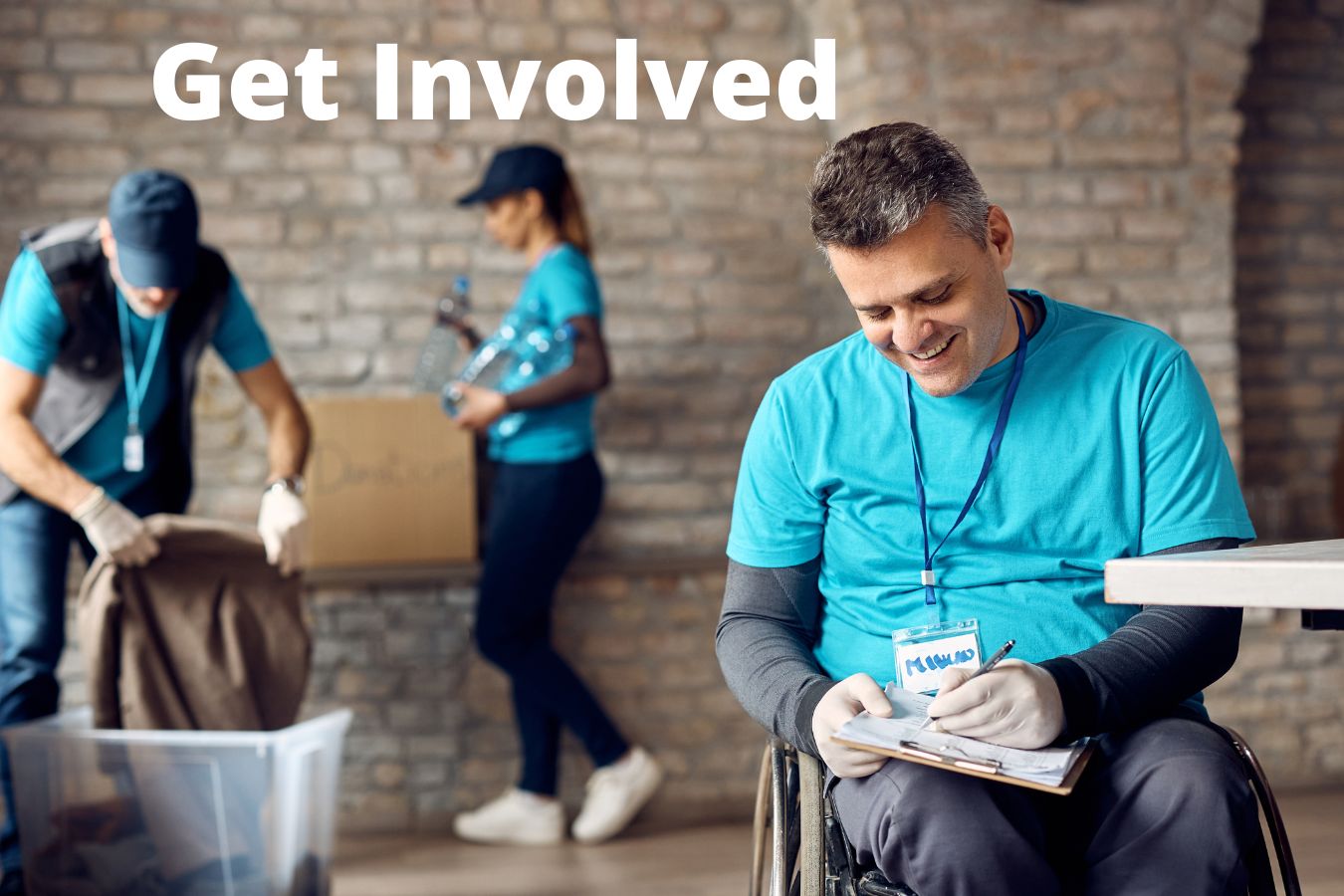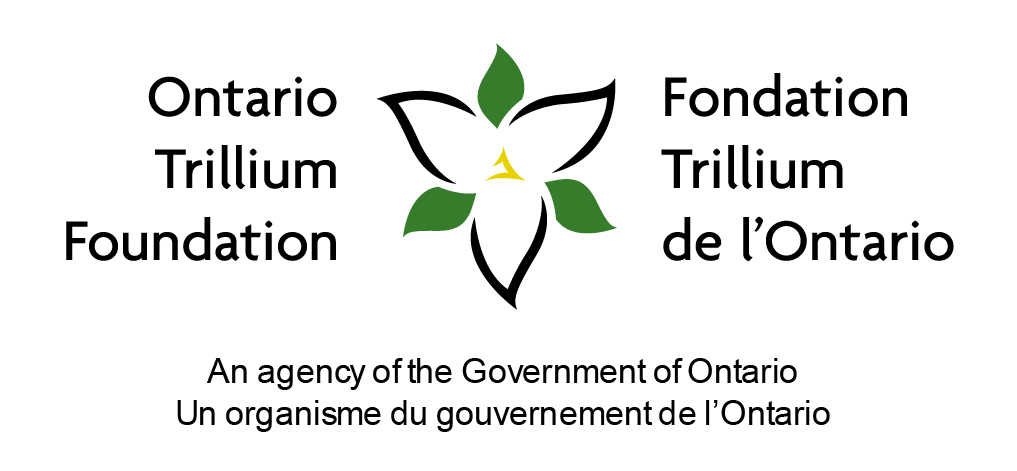
Judy Feeley has had hydrocephalus her entire life but was not diagnosed until fourteen years ago. Despite lifelong health issues, including celiac disease, the 56-year-old resident of Welland, Ontario, managed to thrive. She is happily married and enjoying retirement following her career as an early childhood educator and library technician.
Judy’s doctors believed that her seizures and painful headaches were caused by a fever. Teachers never understood her learning disabilities, which affected her memory and reading comprehension.
“I had challenges in school with reading comprehension and had difficulty recalling dates, names, etc. for tests. However, I didn’t have a resource teacher, because I was misdiagnosed. I didn’t know I had congenital hydrocephalus until I was in my 40s.”
When Judy was 42 years old, her headaches progressively worsened, along with her mobility. A referral to a neurosurgeon obtained an MRI, which confirmed the diagnosis of hydrocephalus.
She had endoscopic third ventriculostomy surgery in which a hole is placed at the floor of the brain to allow the cerebral spinal fluid to escape and be absorbed.
Complications from the surgery prevented Judy from continuing to work. She applied for employment insurance, short term and long-term disability insurance before finally qualifying for Canada Pension Plan Disability (CPPD).
Judy found unemployment especially difficult, particularly during the pandemic. She felt lost and became overweight, which led to breathing complications and worries about her heart and asthma. Judy joined Weight Watchers and lost 55 lbs, which she has successfully kept off, and she feels so much better.
Judy is grateful to Mike, her husband of 28 years, and her family, especially her mother and godmother, for ongoing support. Judy and Mike met almost 30 years ago when she was working as an early childhood educator.
“Part of my job was escorting the kids on and off the bus. Mike was one of the drivers. We’ve been together ever since. We even had the bus instead of a limo at our wedding.”
Friendships with both people who have disabilities and those who do not are important. Judy connects with them through regular lunches. She also relies on Tony, her peer support friend through Hydrocephalus Canada, and knows she can contact him whenever necessary.
In addition to Hydrocephalus Canada, Judy is a member of Brain Injury Community Re-entry Niagara. She receives social support and counselling and participates in outings with other members. It’s like a second family to her.
Judy also knows the power in self advocacy and practices it daily. Her hydrocephalus is largely invisible, but she uses a cane for balance.
“I always try to see a positive side of even a negative situation. Sometimes it’s a challenge to find it. Keeping a gratitude journal helps,” Judy says.
It is also important for Judy to be organized, as she manages everything in her home including her meals, groceries, finances, medications, medical appointments and vacation plans.
Judy offers the following advice for anyone with hydrocephalus: “It does not have you! Do the best you can everyday. Some days it may be a lot. On other days you may need to rest to recover. Listen to your body.”





